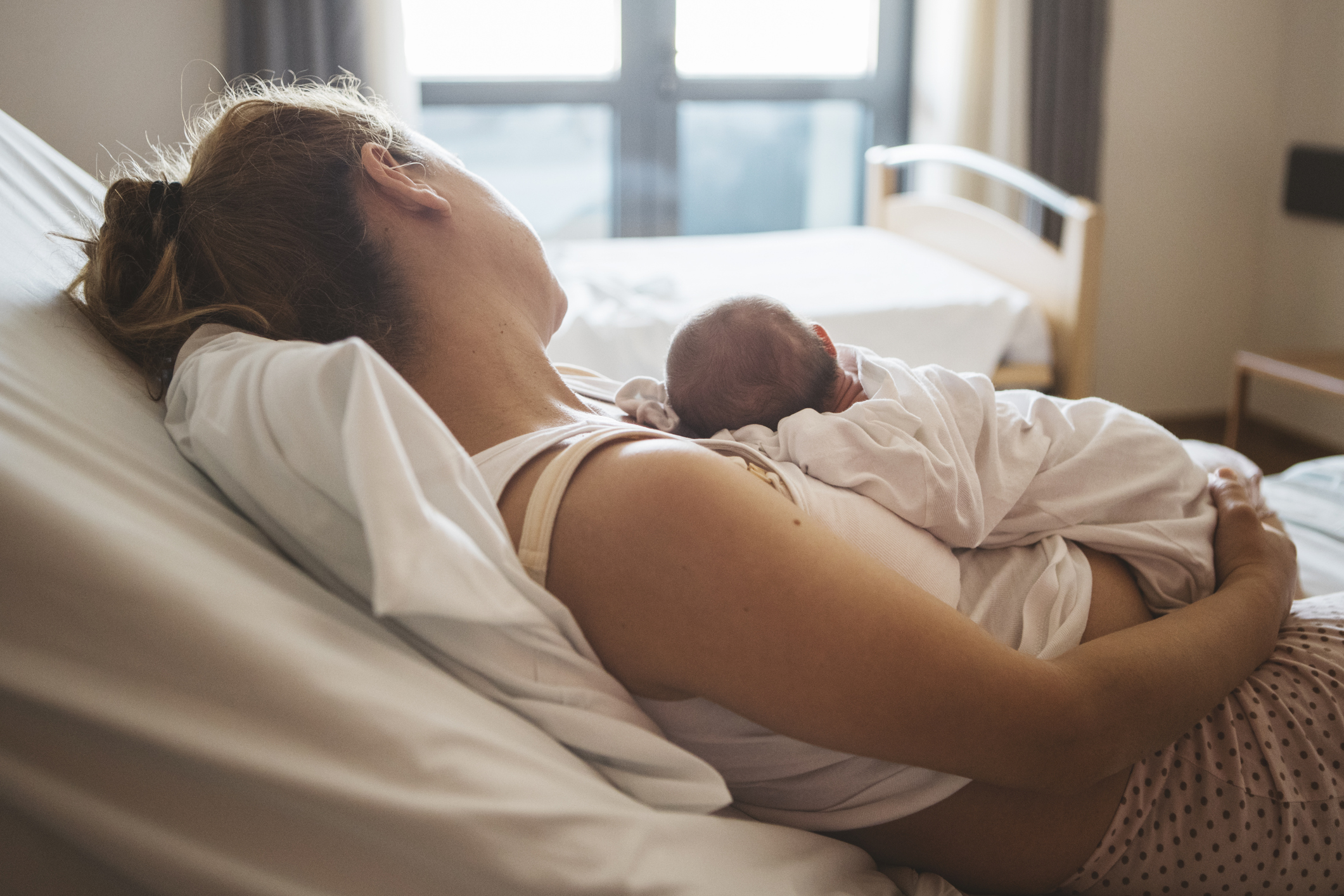A new study has provided valuable insights into reducing the risk of a serious childbirth injury known as obstetric anal sphincter injury (OASI). Researchers from Stockholm’s Danderyd Hospital and Karolinska Institutet found that performing a lateral episiotomy, an angled incision in the tissue between the vaginal and anal opening, can more than halve the risk of OASI in first-time mothers requiring medical assistance during delivery.
The findings, published in The BMJ, are based on a randomized clinical trial called the EVA (Episiotomy in Vacuum Assisted delivery) trial, which recruited over 6,100 pregnant women expecting their first child at eight Swedish hospitals between 2017 and 2023.
OASI, which affects the anal sphincter muscles, can lead to anal incontinence, trouble holding in gas and excrement, decreased quality of life, and sexual issues. In Sweden, around 5% of all first-time mothers who give birth vaginally suffer from this severe type of perineal damage.
The study found that among the 702 women who underwent vacuum-assisted delivery and were randomly assigned to receive a lateral episiotomy or no episiotomy, the lateral episiotomy reduced the risk of OASI by an average of 53%. In the episiotomy group, 6.1% sustained an OASI, compared to 13.1% in the non-episiotomy group.
Importantly, the procedure did not increase the risk of severe blood loss, negative birth experience, prolonged hospitalization, or additional complications. However, the risk of wound complications like infection and dehiscence was higher in the episiotomy group.
“Women giving birth for the first time and requiring instrumental birth are at the highest risk of sustaining OASI,” said Sophia Brismar Wendel, the study’s senior author and associate professor in obstetrics and gynecology at Karolinska Institutet. “Therefore, we wanted to assess if such injury could be prevented in this group with a lateral episiotomy when the baby’s head is crowning.”
While episiotomy has been controversial, with concerns over its overuse in the past, the researchers believe these results could impact obstetric care in Sweden and beyond, potentially aiding in shared informed decision-making between doctors and pregnant women.
The trial is also gathering data on self-reported symptoms at one and five years after childbirth, which may provide further insights into the procedure’s long-term effects on issues like anal incontinence and sexual function.
(Inputs from ANI)




















